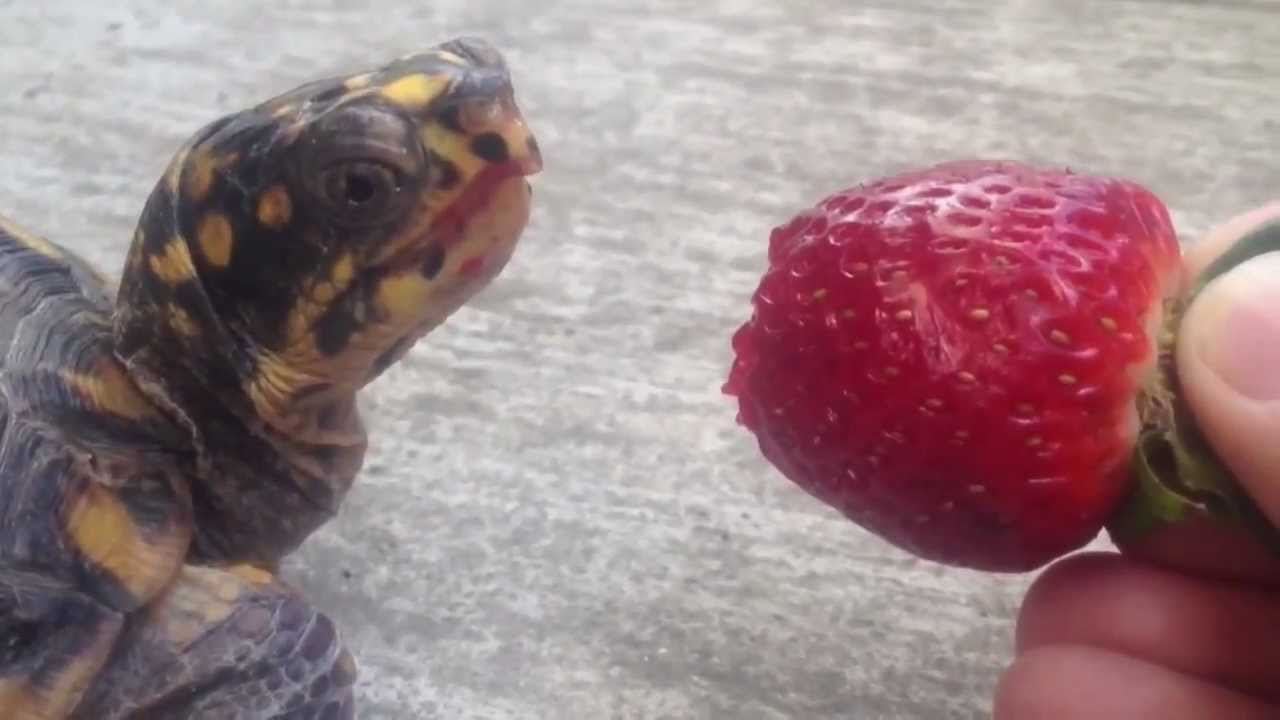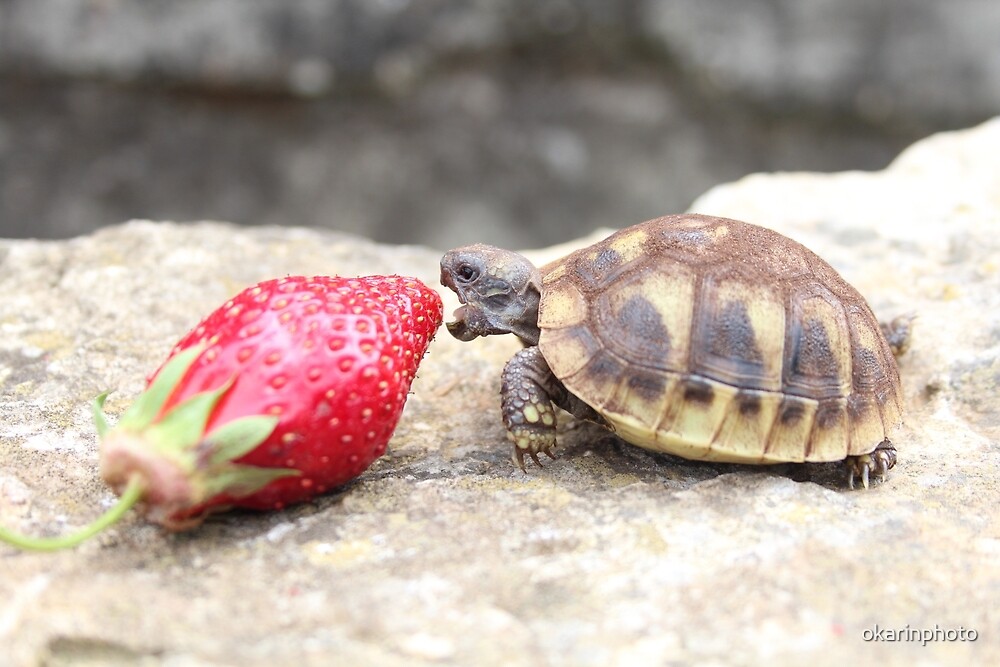Turtles are fascinating creatures known for their diverse diet. As an avid turtle owner or someone interested in their dietary habits, you may wonder if turtles can enjoy the sweet and juicy goodness of strawberries. In this article, we will explore whether turtles can eat strawberries and delve into the potential benefits and risks associated with this fruit in their diet.

Can Turtles Safely Consume Strawberries?
Turtles are omnivorous creatures, meaning they have a varied diet that includes both plant and animal matter. While turtles can consume a wide range of fruits and vegetables, it is essential to consider the specific nutritional needs of these reptiles before introducing new foods into their diet.
Strawberries, with their vibrant red color and delightful taste, may seem like a tempting treat for turtles. However, it is crucial to exercise caution when offering strawberries to your shelled companion. While strawberries are not toxic to turtles, they should be fed in moderation and as part of a balanced diet.
The Nutritional Value of Strawberries for Turtles
Strawberries are a rich source of vitamins and minerals that can provide some nutritional benefits to turtles. They contain vitamin C, which plays a vital role in boosting the immune system and promoting overall health. Additionally, strawberries are packed with antioxidants that help combat free radicals and reduce the risk of certain diseases.
However, it is important to note that turtles have specific dietary requirements, and their nutritional needs may differ from ours. While strawberries offer some nutritional value, they should not be the primary source of nutrients for turtles. It is crucial to provide a well-rounded diet that includes a variety of foods to ensure their optimal health.
Potential Risks and Considerations
While strawberries can be a tasty addition to a turtle’s diet, there are a few risks and considerations to keep in mind. Firstly, strawberries are high in natural sugars, which can lead to weight gain and other health issues if consumed excessively. Therefore, it is essential to offer strawberries as an occasional treat rather than a staple food.
Furthermore, turtles have different digestive systems compared to humans, and some may struggle to break down the fibers present in strawberries. This can lead to digestive problems such as diarrhea or constipation. To avoid such issues, it is recommended to offer strawberries in small, bite-sized pieces or pureed form.
Conclusion
In conclusion, turtles can safely consume strawberries as part of a balanced diet. However, it is crucial to offer them in moderation and alongside other suitable foods that meet their specific nutritional requirements. Remember to consider the potential risks and tailor the portion size to your turtle’s size and age.
By providing a varied and well-balanced diet, you can ensure the overall health and happiness of your turtle companion. So, go ahead and treat your shelled friend to a strawberry every now and then, but always prioritize their dietary needs above all else.
FAQs
-
Can turtles eat strawberries every day?
While turtles can enjoy strawberries, it is not recommended to feed them this fruit every day. Strawberries should be offered as an occasional treat due to their high sugar content. -
Are strawberries toxic to turtles?
No, strawberries are not toxic to turtles. However, they should be fed in moderation and as part of a balanced diet. -
Can baby turtles eat strawberries?
Baby turtles can consume strawberries, but it is important to introduce new foods gradually and ensure they receive a well-rounded diet that meets their specific nutritional needs. -
How should strawberries be prepared for turtles?
Strawberries should be offered in small, bite-sized pieces or pureed form to aid in digestion and prevent potential digestive issues. -
What other fruits and vegetables can turtles eat?
Turtles can enjoy a variety of fruits and vegetables, including leafy greens, carrots, apples, and melons. It is important to research and provide a diverse range of suitable foods to meet their nutritional requirements.

